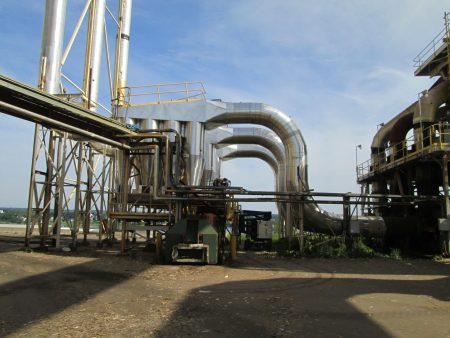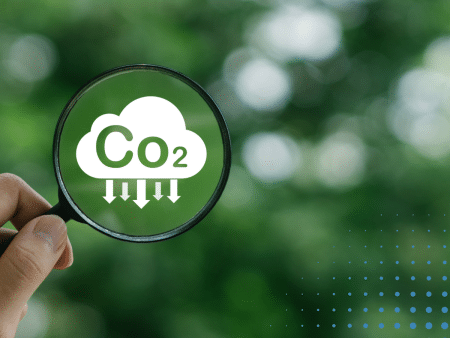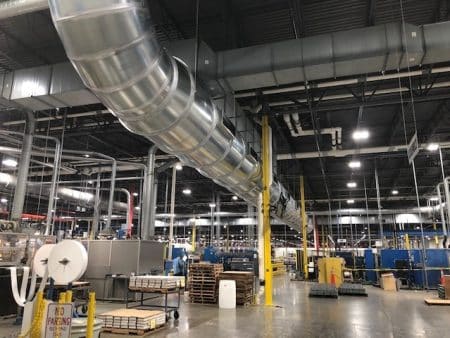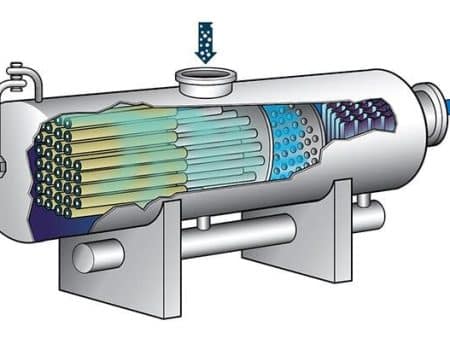Born in 1970, Earth Day advanced the notions that everyone has a right to a clean, unpolluted world, and that our planet is our precious home.

Born in 1970, Earth Day advanced the notions that everyone has a right to a clean, unpolluted world, that our planet is our precious home, and that we must actively protect our shared environment. We have made some progress but it’s a long road ahead to reach the pristine, yet prosperous, world envisioned by Earth Day’s founders. Many wonder if we can get there. I think we can.
I’m proud to lead a company like CECO Environmental that eliminates tons of hazardous air pollutants (HAPs), volatile organic compounds (VOCs), and toxic particulates 24 hours a day, seven days a week. We work with industry leaders in power generation, oil and gas, and industrial manufacturing to help them grow, while reducing and eliminating air pollutants. The WHO estimated that, in 2016, ambient air pollution was responsible for 4.2 million premature deaths worldwide, including 600,000 children under 15. And now, with the world under the stress of the coronavirus pandemic, we learned from a recent Harvard study that COPD, caused not only by smoking but by heavy ambient particulate pollution, increases by a factor of 5.97 the chances that a COVID-19 infection will become severe. Dirty air is multiplying the deadly effects of the virus as the total number of infections tops two million worldwide.
Fifty years ago, Earth Day created a groundswell of grassroots environmentalists that have driven true progress and increased demand for a cleaner earth. Today, on the fiftieth anniversary celebration of Earth Day, we celebrate in the shadow of the worst global pandemic since the Spanish Flu. COVID-19, with all its human and economic destruction, provides a reminder that, no matter where we live and no matter what our economic status is, we all share a common planet and the air we breathe. So it comes as no surprise that the COVID-19 illness is exhibiting with increased severity in parts of the country and the world with higher air pollution levels. If ever there was a call to action to clean up our planet, this year is the year!
This is especially true as our team helps industrials in India’s major cities, like Delhi, reduce emissions of NOx, SOx, and carbon microparticles from production related exhaust. Today, respiratory illness is the fifth largest cause of death in the nation – recently estimated to kill approximately 2.5 million people a year; however, as more industrials and refineries install air quality control equipment, we can achieve a significant reduction in these deaths. In China, chronic respiratory diseases—mainly asthma, emphysema, and COPD—remained in the top five leading causes of mortality in 2016, accounting for 9% (approximately 870,000) of total noncommunicable disease (NCDs) deaths. Despite the continuous effort and significant improvements in ambient air quality in China over the past decade, NCDs remained responsible for over 80% of mortality in 2018. The rate has risen globally as industries expanded into developing nations with more than 50% of air pollution-related deaths (7 million) attributed to outdoor air pollution alone.
So, we in the pollution control industry need to step up our game to get the message out about the technologies and solutions that can help protect our shared environment. Reducing air pollution around the world and turning it sharply down will take the combined efforts of leaders in sectors like energy, chemicals, and transportation together with government policy makers.
Our experience at CECO Environmental has shown that there is no inherent contradiction between economic growth and a healthy human and natural environment. Solutions are available where there is the will to clean up our planet for future generations. It is up to us, as business leaders, to adopt the technologies that will help achieve this goal. Let’s mobilize from Earth Day forward as we navigate successfully through the COVID-19 crisis.



